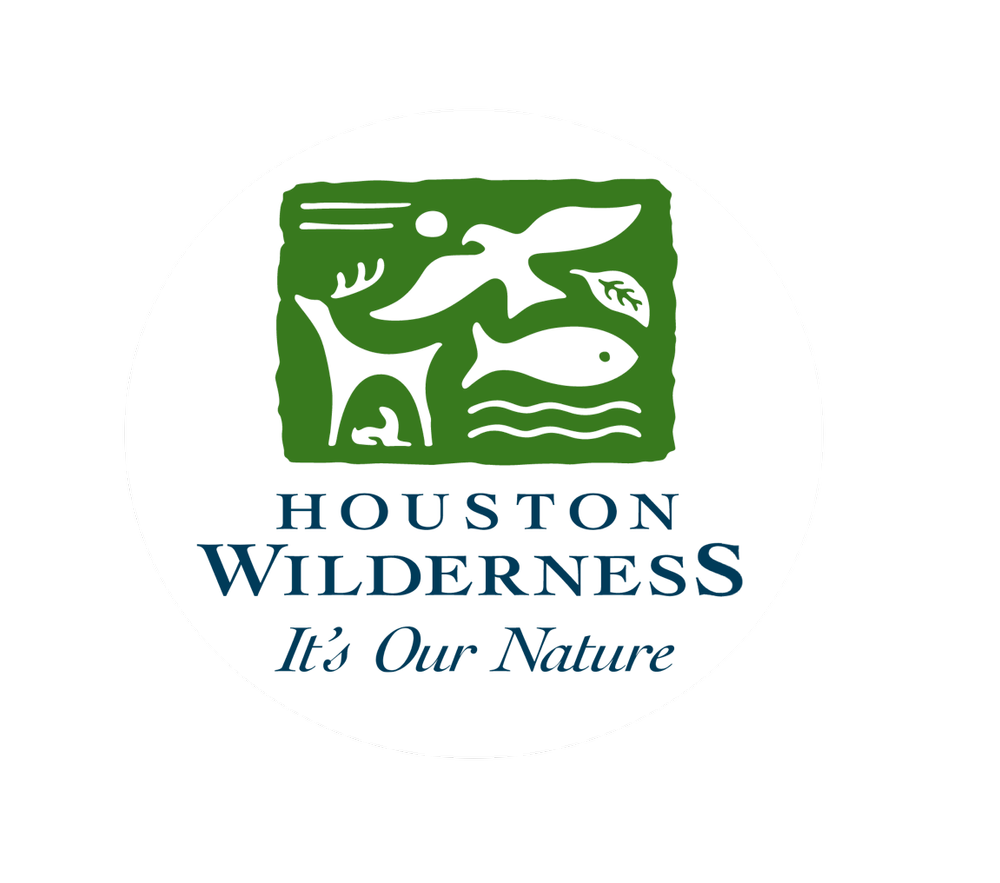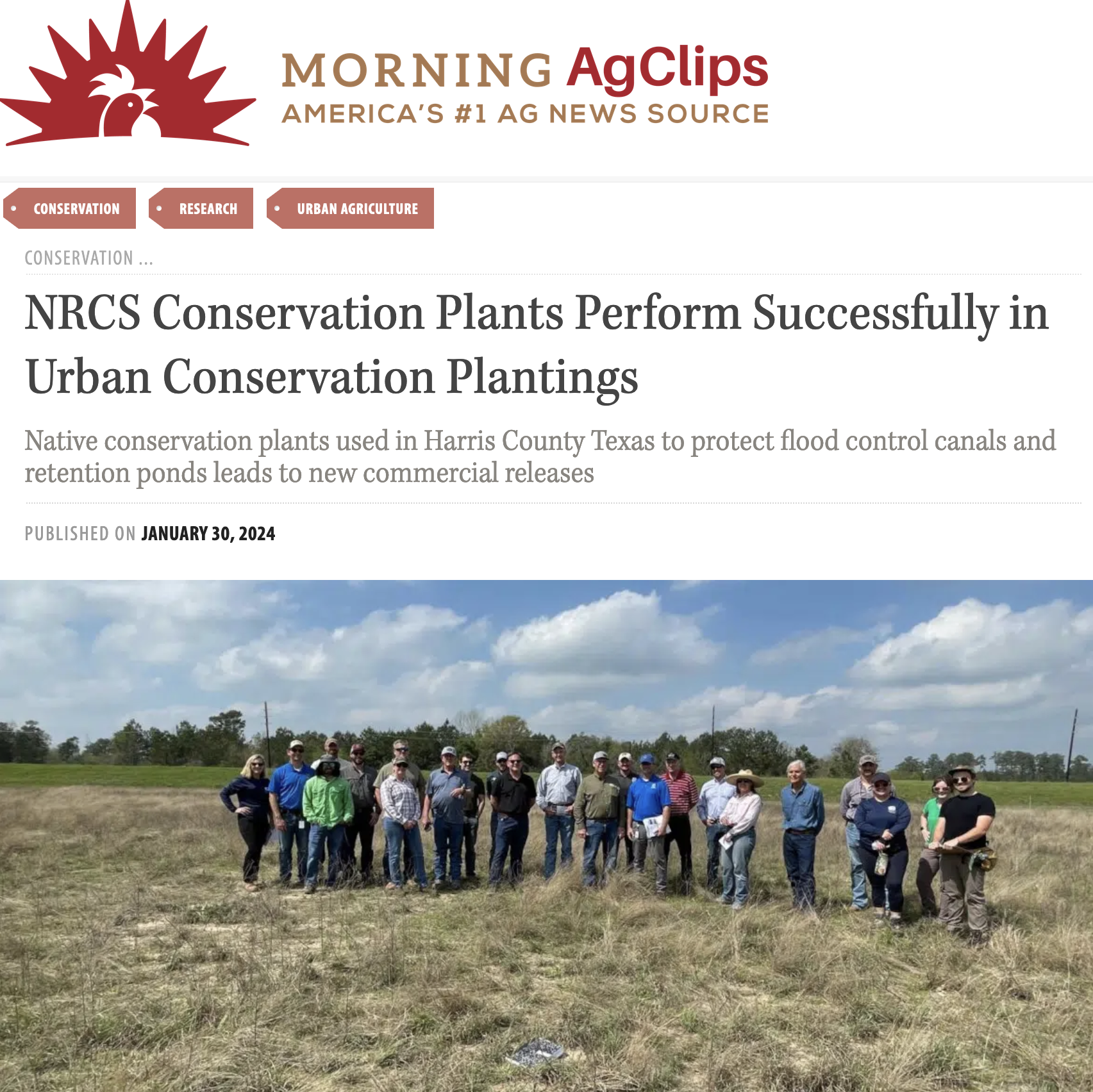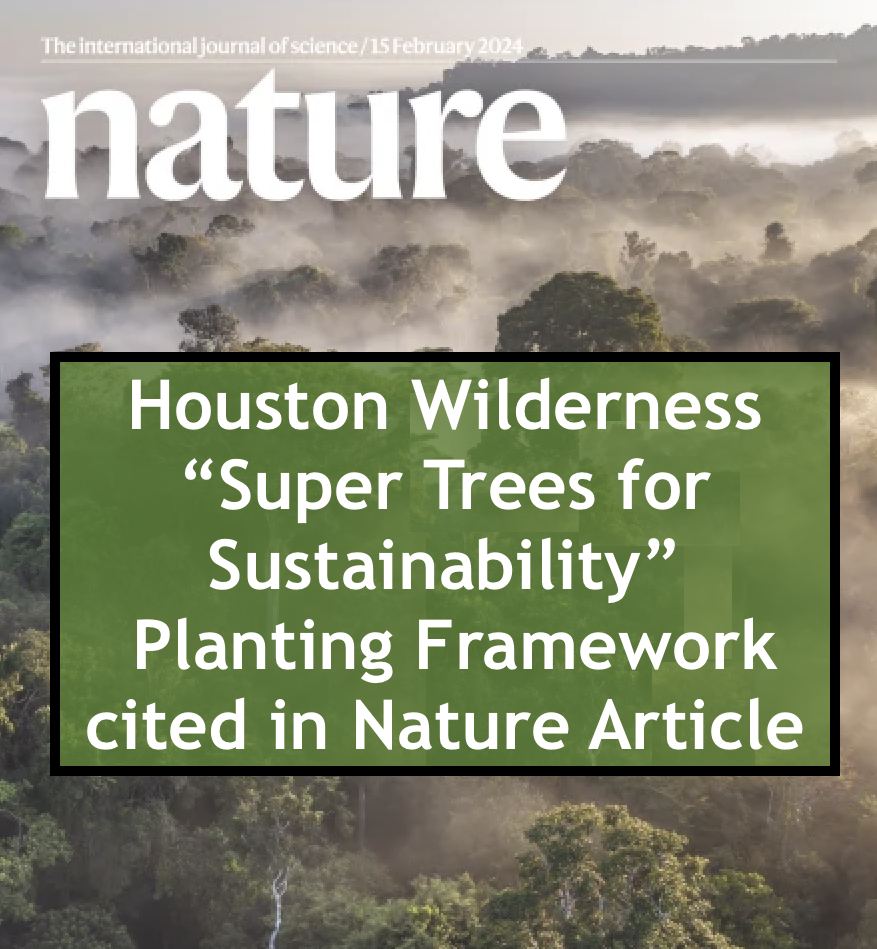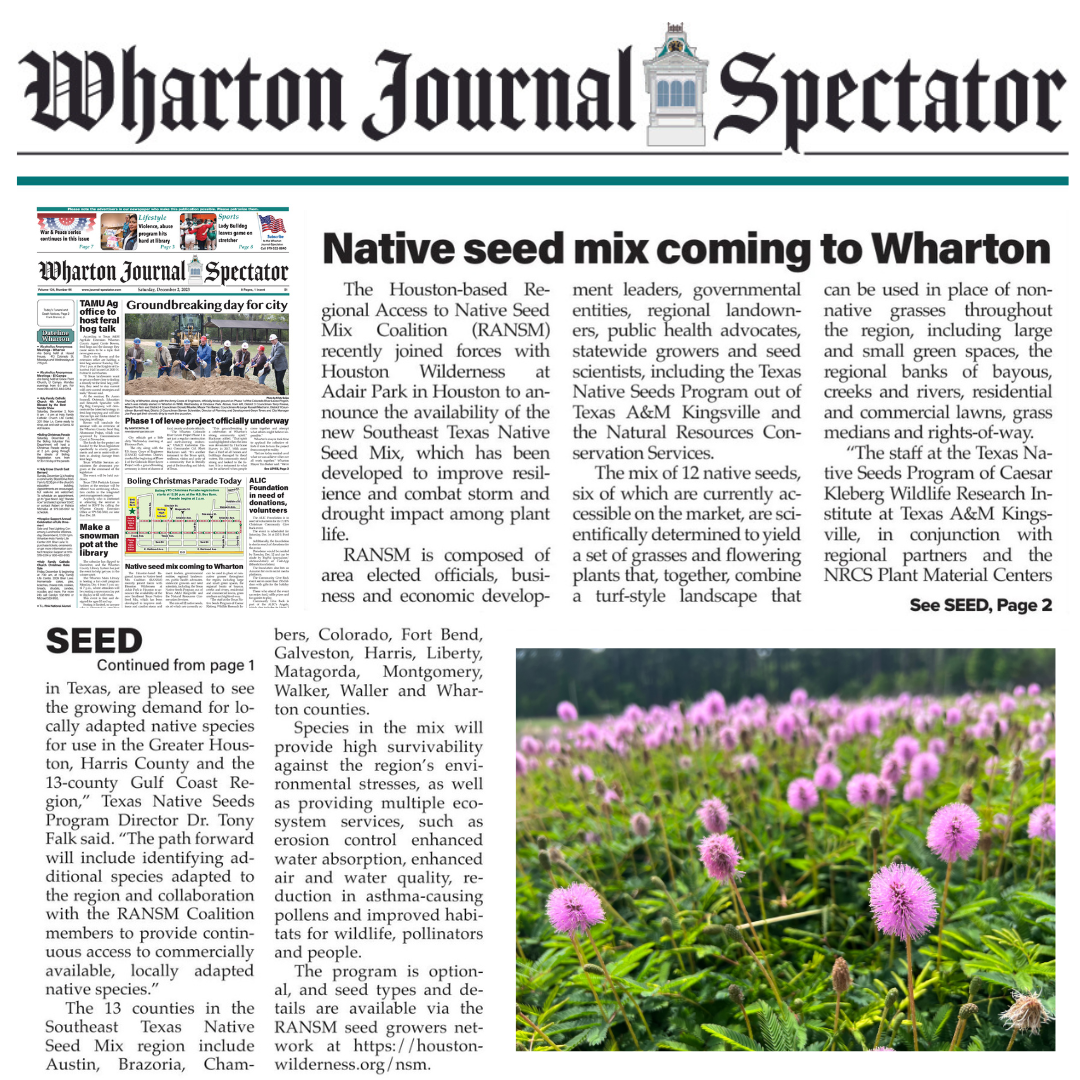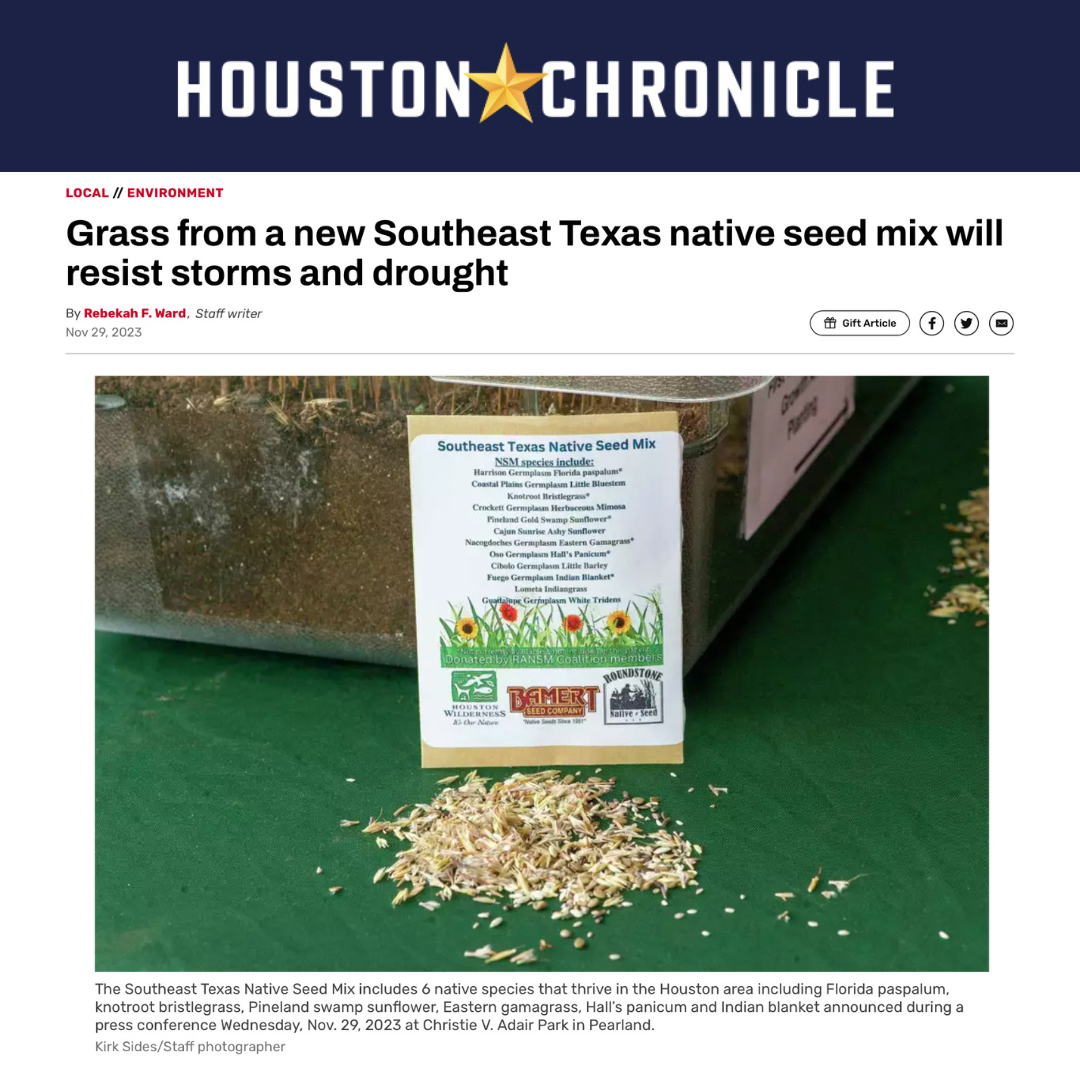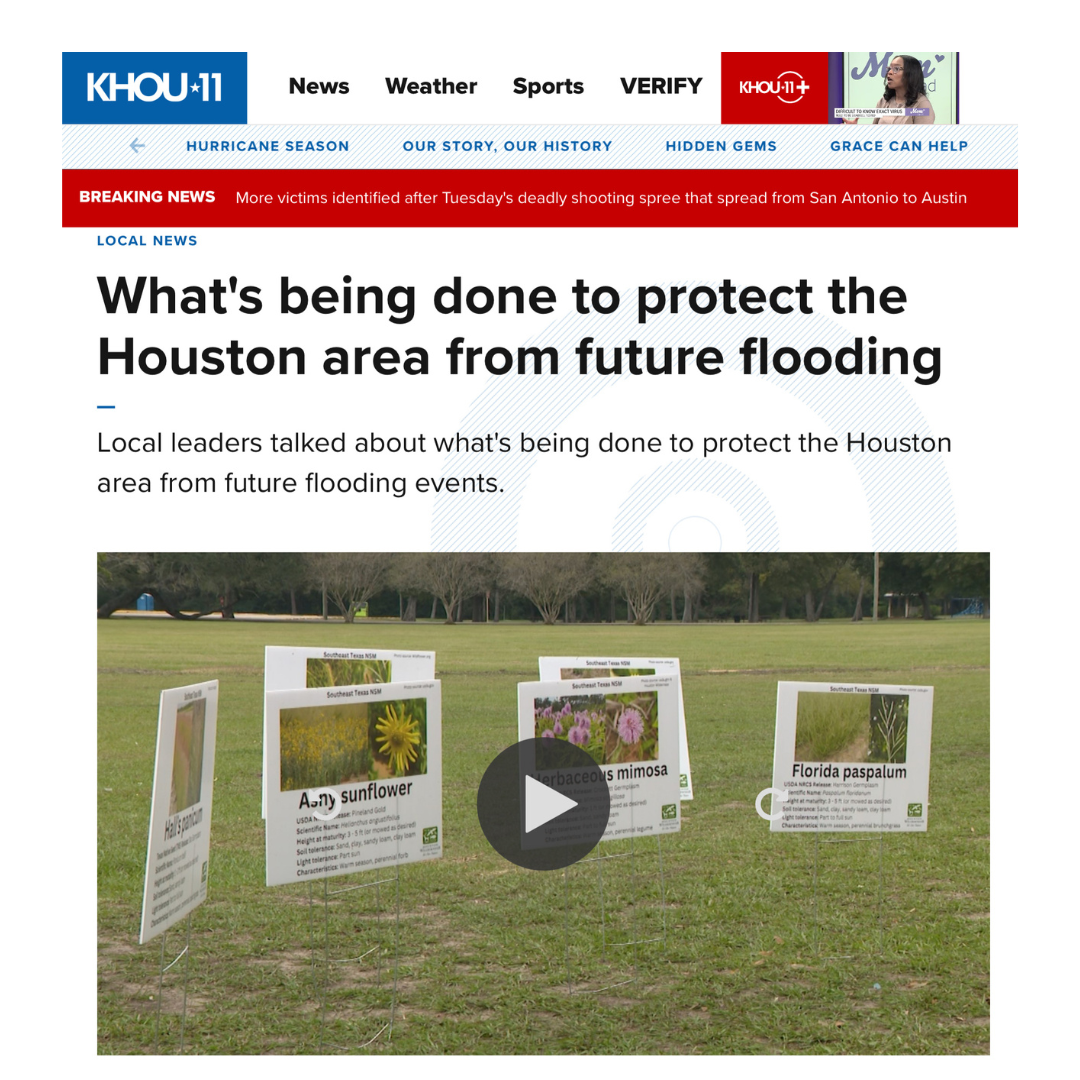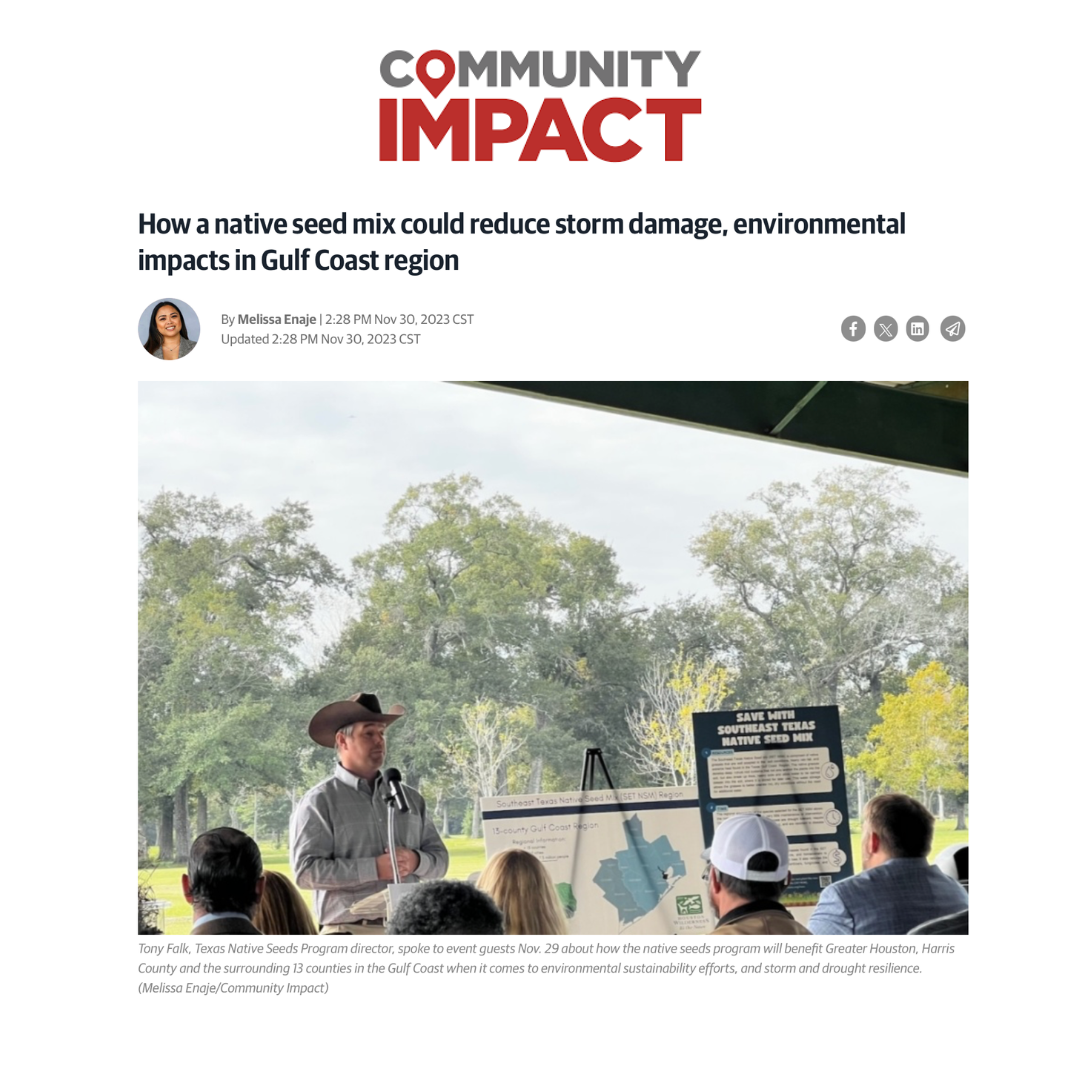Happy Houston Wilderness Day! Yesterday the City of Houston Mayor Sylvester Turner, Council Member Jack Christie and other city council members proclaimed Wednesday, February 22, 2017 as Houston Wilderness Day.
Photo: Michael Ciaglo, Staff
Paddlers pass through Buffalo Bayou Park during the 15-mile Buffalo Bayou Partnership Regatta.
Ten years ago on February 22, 2007, the City of Houston declared a Houston Wilderness Day in recognition of the creation of the organization and its initial work to educate the public on the 10 ecoregions in the Greater Houston area. Since February 22nd, 2017 marks the 10th anniversary of the first Houston Wilderness Day. Today we are honored to celebrate our efforts over the past 10 years to promote, protect and preserve the biodiversity in our 10 ecoregions through convening, problem solving and educating with over 100 organizations in our region.
Today the Houston Chronicle ran an article called
"Perrin, Blackburn: Celebrating a 'green' vision for Houston, with much work still ahead."
See an excerpt below.
"Our region is a diverse metroplex composed of forested headwaters and bayou greenways that cross dwindling prairies as they meander - and at times, rush - toward coastal baywaters, islands and oyster reefs. Urban/suburban development and major urban ports are nestled among these ecoregions - 10 in all, making Greater Houston one of the most ecologically diverse regions in the country. This collective ecosystem abundance and biodiversity is also known as "Houston's wilderness," and it's a richness we are celebrating with Houston Wilderness Day...."
To see the full editorial visit Houston Chronicle by clicking the link below.
